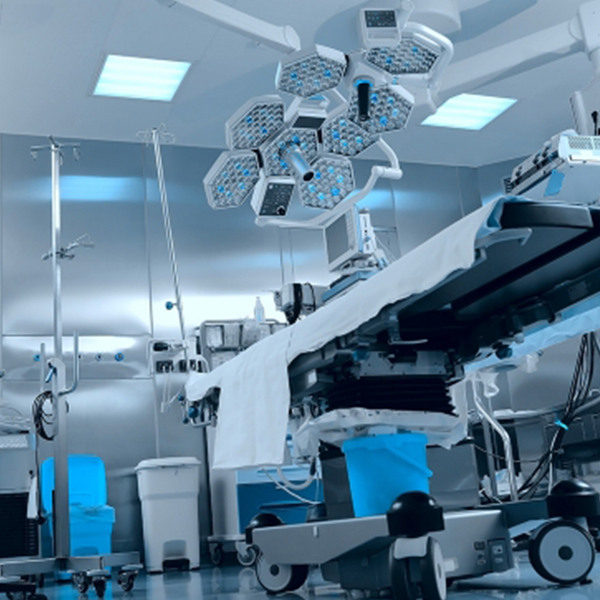Adrian Richards
Clinical Engineers have been professionally active in Australia for many years, with the National Panel on Clinical Engineering being the predominant group leading the discipline. Comprising prominent CE’s from around the country this Panel has always had a strong focus on developing the profession and people within it.
It had long been understood that up and coming practitioners represented the future and that these people needed all of the advice and assistance that could possibly be provided to ensure that Clinical Engineering would continue to thrive and develop. One of the hallmarks of the National Panel has always been having a clinician as a member. This has typically been either a Registered Nurse or an anaesthetist (or both) the latter filling this role for quite a number of years. Almost 20 years ago, during discussions around the provision of development opportunities, the panel’s anaesthetist member suggested we trial a concept that his medical college had been providing for their emerging clinicians. This was a Development Workshop that provided a unique and highly sought after event that had proven to be a turning point in many careers.
The concept is to select, from nominees, practitioners who are early in their career development. These will typically have completed a course of study in BME/CE at the undergraduate or college level and preferably have been working in the profession for at least a couple of years. Numbers of participants are limited to approximately 10 to 12. They are provided with a list of topics from which they can choose, and they are required to prepare a presentation of around 20 minutes duration on that subject. These are very diverse ranging from “The principles of pulse oximetry” through “Sterilisation techniques” to “The merging of CE and IT”. During the workshop, that is convened over the weekend prior to Australia’s annual national BME conference, they present to the group on the topic in a manner that is intended to be instructional, interactive and relaxed, more like a tutorial than a conference presentation. Following the presentation there is discussion period where the content is discussed in a non- judgemental manner so that all attendees learn as much as possible about the topic.
What sets this apart is that also attending the workshop are three very experienced mentors (one of them typically being a medical practitioner) that are not there to judge but rather stimulate discussion, ask probing questions and generally share their lifetime of experiences. The post presentation discussions normally go well over time with huge amounts of information changing hands as the topic is analysed from a range of perspectives that many participants may not have imagined. Attendees (excluding the mentors) vote to determine the “best” presentation with significant sponsored prizes being awarded.
To add to the event there is a meet and greet ice-breaker gathering before the workshop commences and a dinner on the Saturday evening. Also expected is attendance at the annual conference for the 3 days following the workshop to further broaden the attendee’s horizons and facilitate additional networking. Almost without exception workshop participants report that their attendance has transformed their view of CE/BME as a profession, opened their eyes to what is happening within it across Australia and inspired them to advance their careers. Many of the professions leaders around the country have been through this program and they credit workshop attendance as being a very significant event in their careers.

